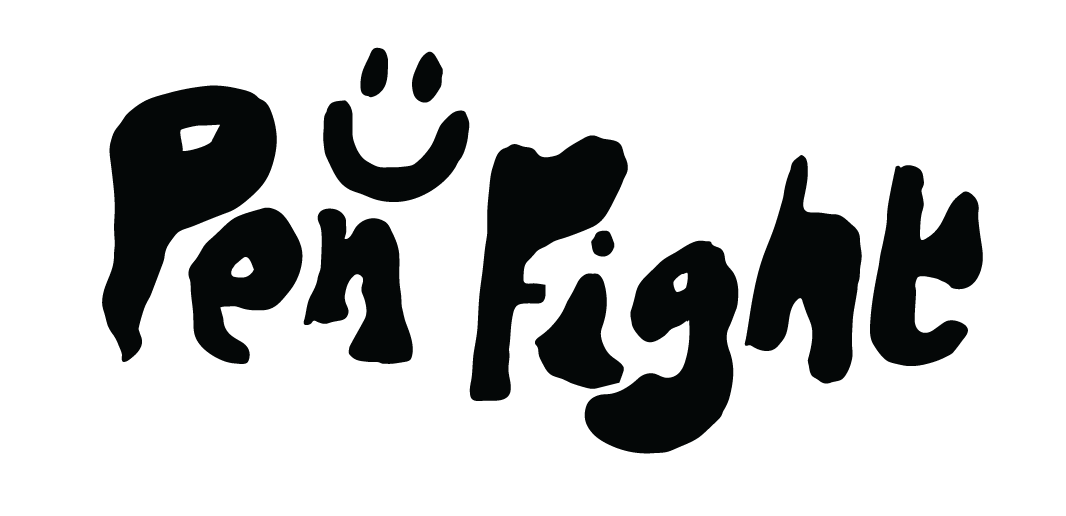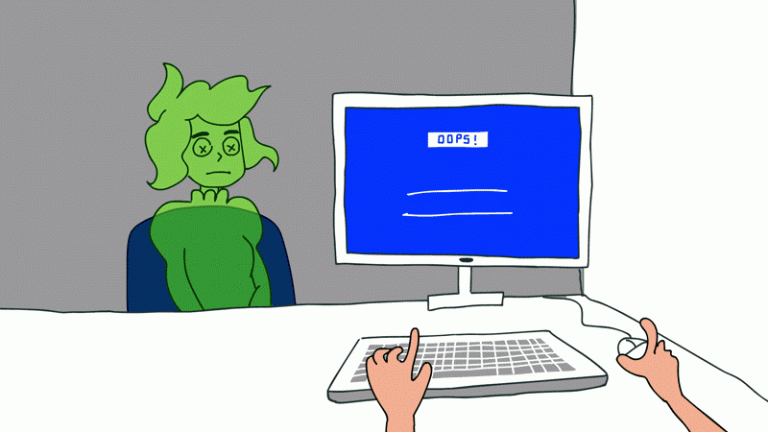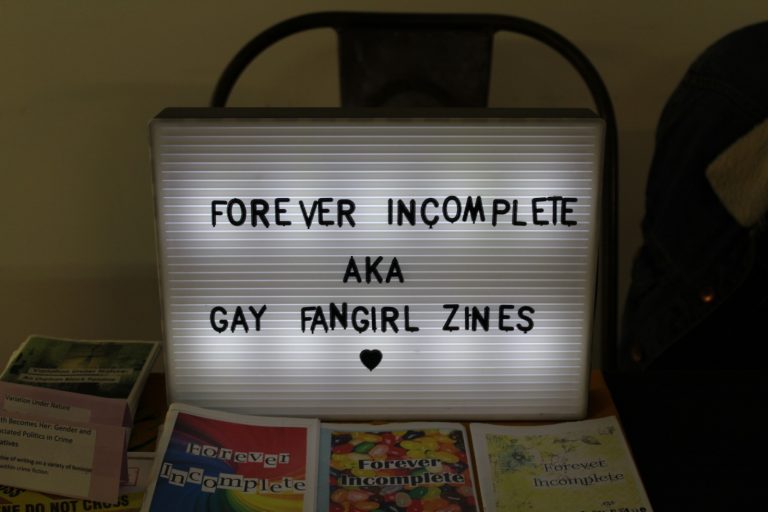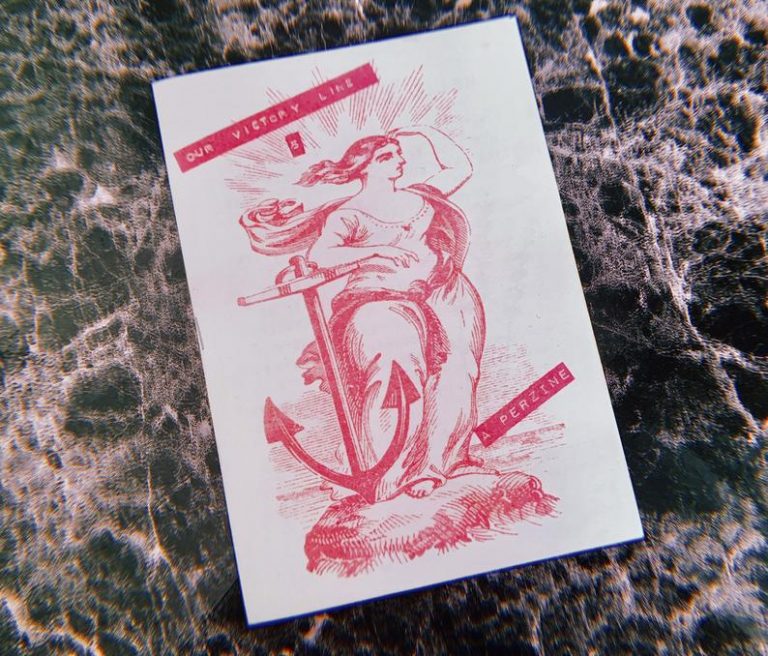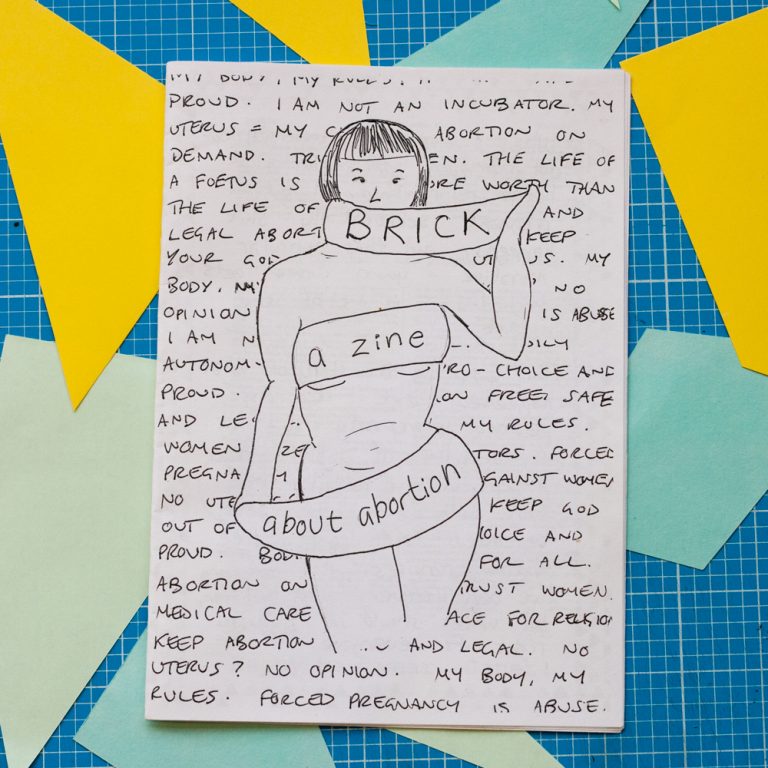IZM Interviews: Rose Sergent (Drawn Poorly)
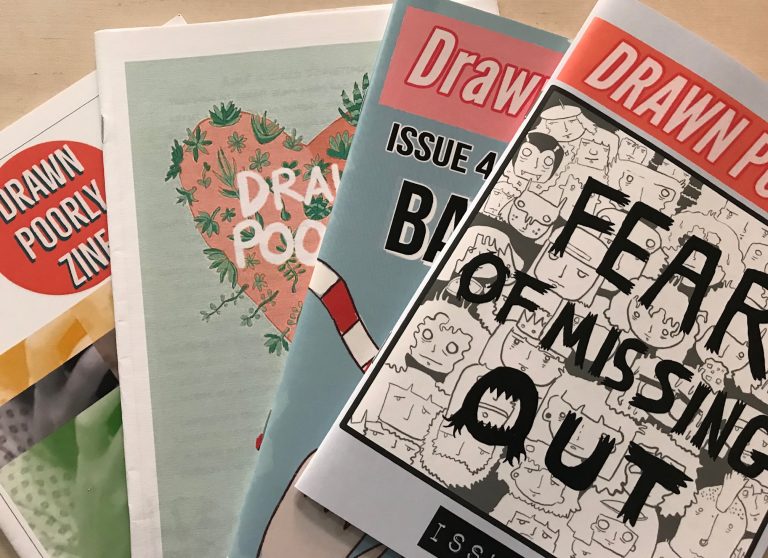
Hi Rose! Happy International Zine Month! How is life going at the moment? For people who don’t know you, can you tell me a bit about yourself? Hi Pen Fight! Things are okay thank you – I’m missing zine fairs…
